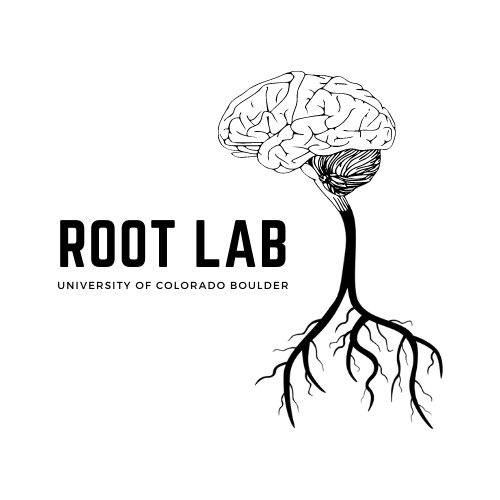We combine classic and state-of-the-art neuroscientific tools to identify the specific cells and pathways that signal and control motivated behaviors and related disorders.
A major focus of our research program is to identify how the brain's reward center, the ventral tegmental area (VTA), participates in reward, aversion, addiction, depression, and other neuropsychiatric illnesses. The VTA is a cellularly heterogeneous structure and we have recently discovered a unique type of VTA neuron that co-releases both glutamate and GABA, complementing known VTA neurons that release solely glutamate, GABA, or dopamine. We aim to elucidate the unique circuits of each type of VTA neuron, identify the roles that each type of VTA neuron and their specific pathways play in health and disease, as well as reveal the neurophysiological mechanisms that underlie these roles.
Techniques
Neuronal mechanisms of motivated behaviors
and related disorders
Single-unit recordings
Optogenetics
Pharmacogenetics
Gene editing
Calcium and neurotransmitter imaging
Self-administration
Place conditioning
Network and molecular profiling:
Retrograde tract tracing
Viral anterograde tracing
In situ hybridization
Immunohistochemistry
Light microscopy













